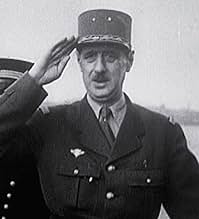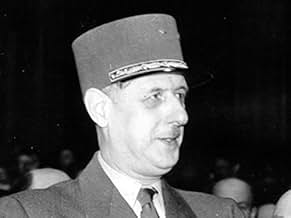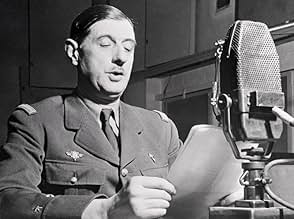His name is synonymous with a political philosophy, "Gaullism" (from
the French "Gaullisme"), an ideology based on his thoughts and actions
that is still current powerful in France. The serving president,
Jacques Chirac, is a Gaullist. Gaullism's central tenet is a desire for
France to remain independent of influence from a foreign power. In
foreign policy, national independence is stressed, with some degree of
opposition to international organizations such as NATO. De Gaulle
believed that France should not rely on any foreign country for its
survival (thus the creation of the French nuclear deterrent) and that
France should refuse subservience to any foreign power, be it the U.S.
or the former Soviet Union. De Gaulle's policies of grandeur - the
insistence that France is a major power in the world scene and military
and economic forces to back this claim - also is part of Gaullism. The
foreign policy of France was influenced by Gaullism even when Gaullists
were not in power. Gaullism typically is equated with social
conservatism, and it is generally considered a right-wing ideology, but
there have also been left-wing Gaullists, the differences between the
two consisting of differing social and economic policies. Gaullism has
sometimes been characterized as a form of populism, since de Gaulle
relied heavily on his personal charisma in the political realm.









